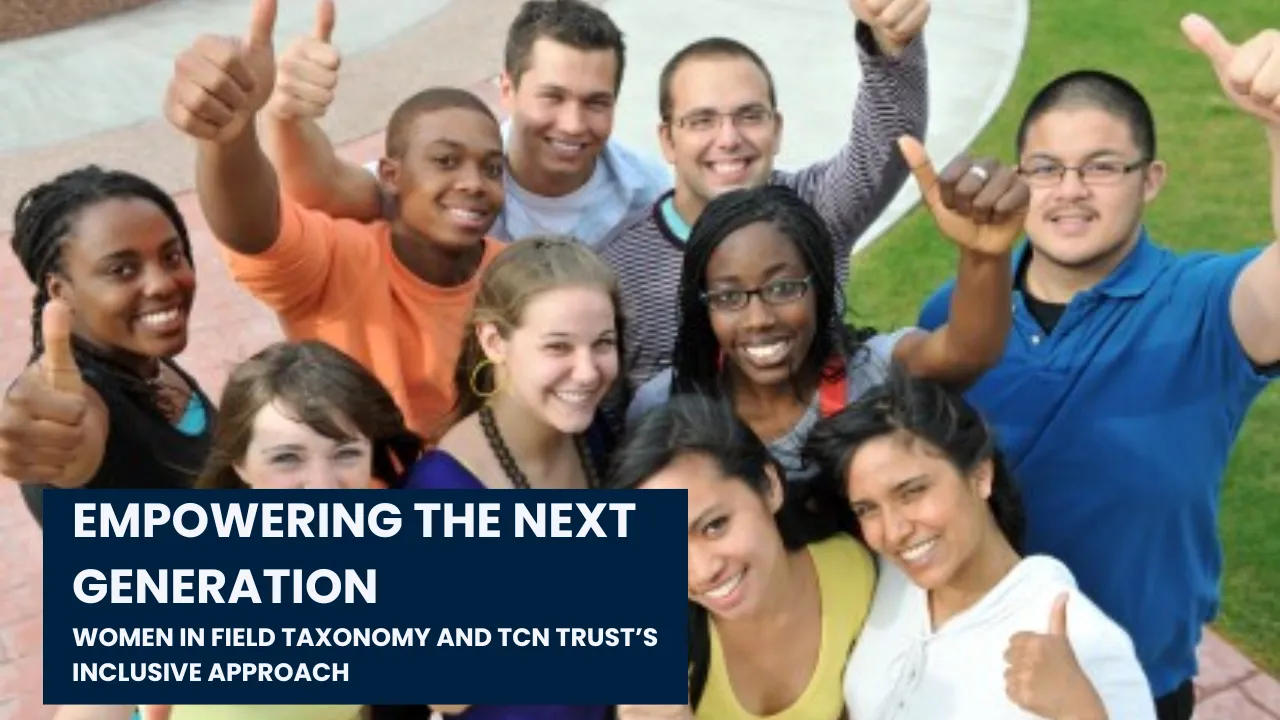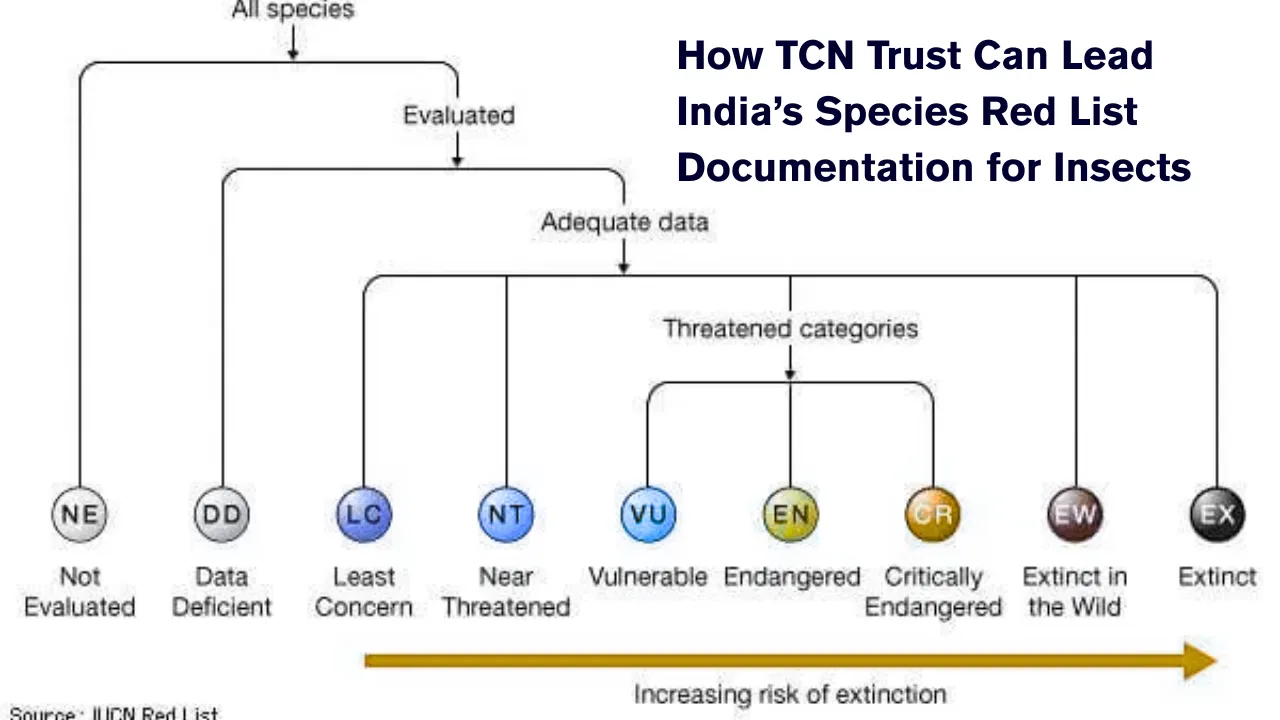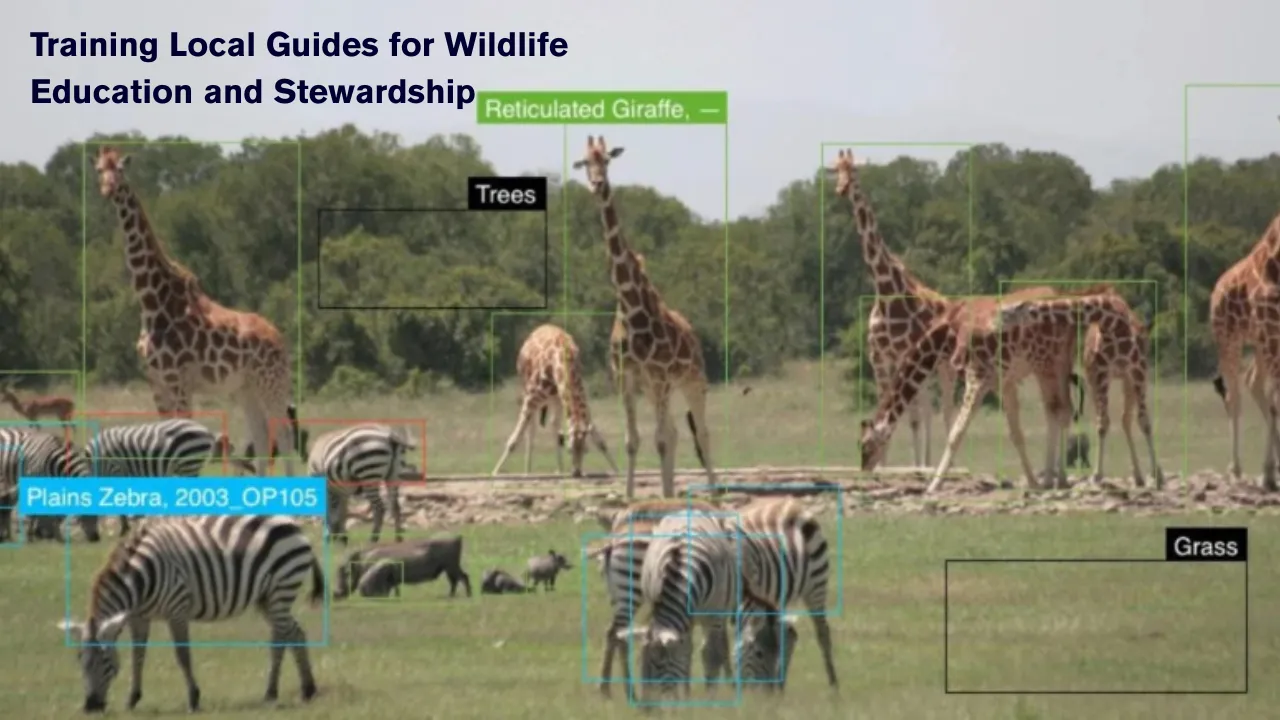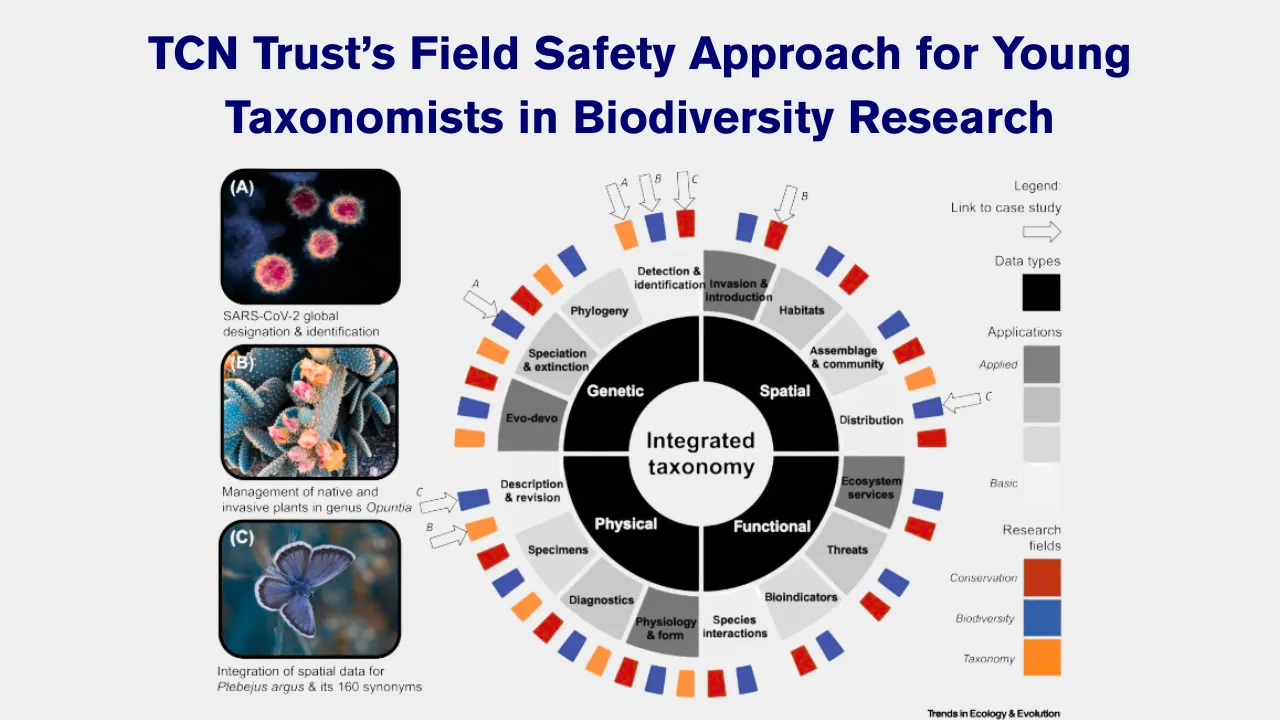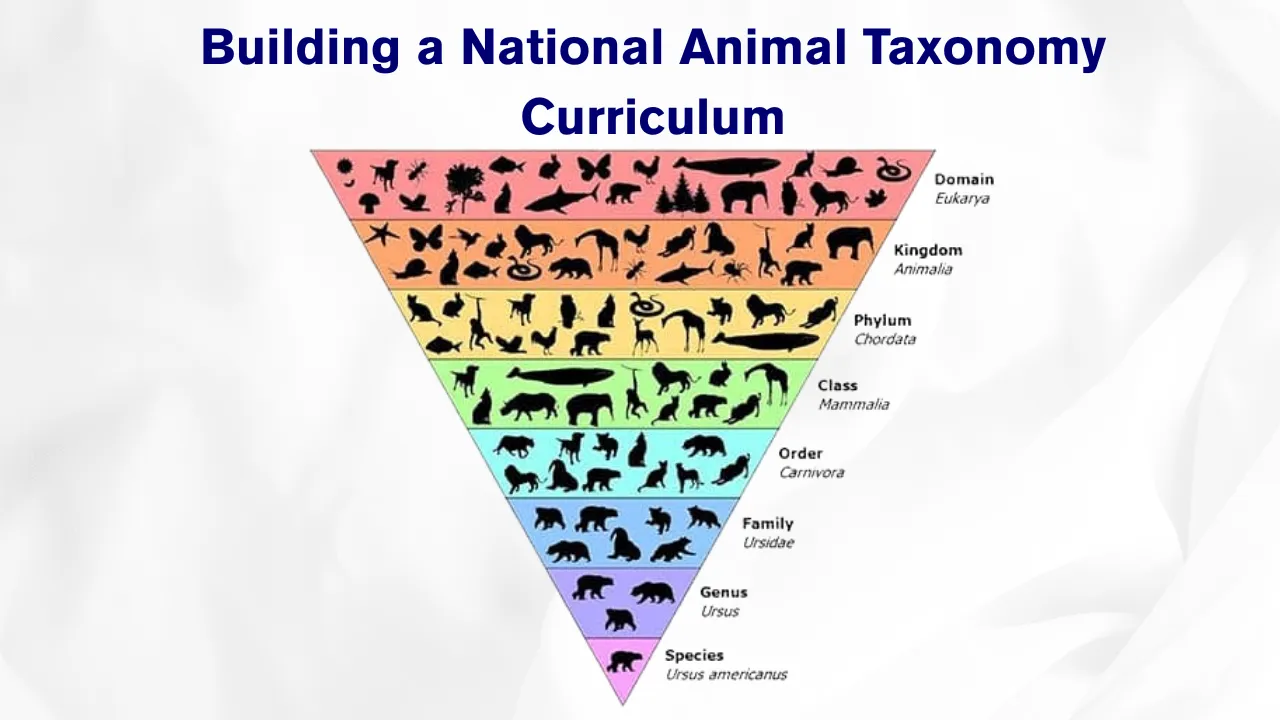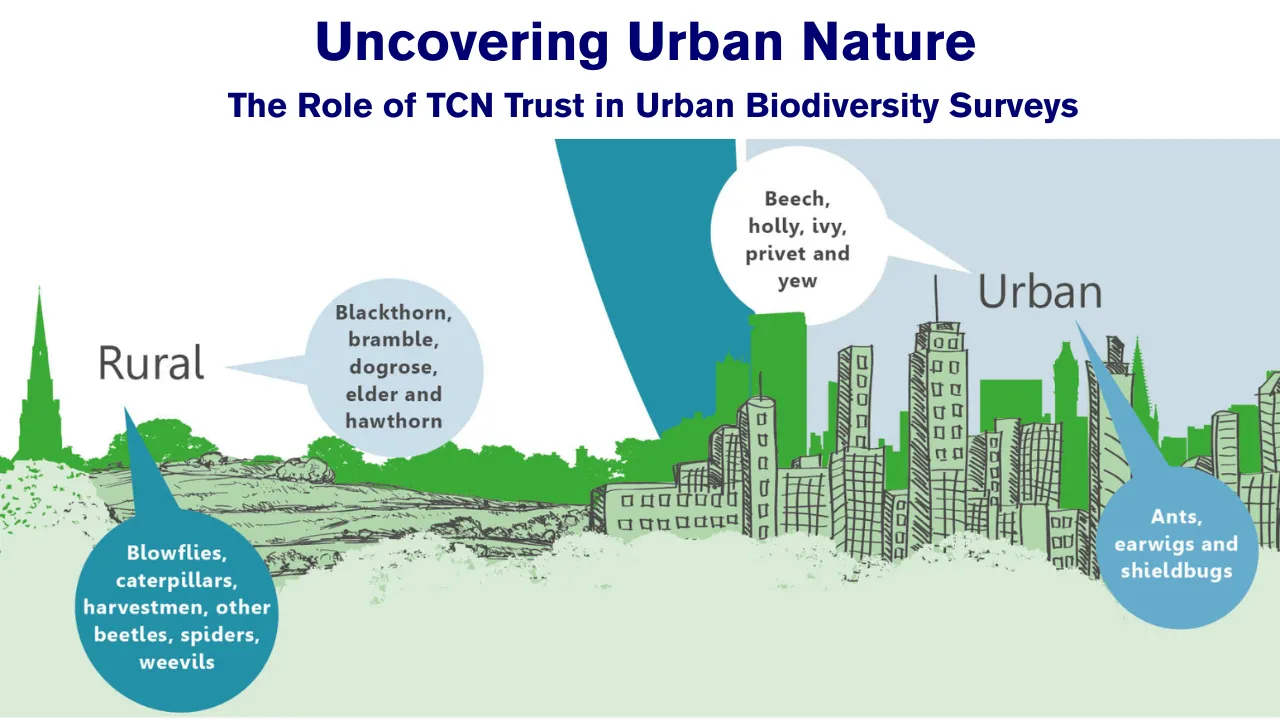Women in Field Taxonomy: Women in field taxonomy face a unique set of challenges in a domain traditionally dominated by male scientists. Fieldwork in biodiversity, often conducted in remote terrains and unpredictable environments, has historically excluded women due to concerns over safety, access, and deep-rooted gender norms. These barriers have not only limited participation but have also slowed progress toward more inclusive scientific research.
TCN Trust is actively changing this narrative. Through focused efforts to integrate women into fieldwork, mentorship, training, and leadership roles, the organization is creating a model for equitable participation in biodiversity science. This article explores how their gender-inclusive initiatives are enabling women to claim their space in the world of field taxonomy and why this change matters for the future of biodiversity research.
Women in Field Taxonomy: A Catalyst for Equitable Biodiversity Research
Increasing the representation of women in field taxonomy is not just about diversity—it directly enhances the quality and depth of scientific work. Field taxonomy is at the core of biodiversity documentation, species discovery, and conservation science. When women are equally included, research benefits from a broader range of perspectives and local engagement. TCN Trust’s inclusive programs are designed to make fieldwork safer, more accessible, and more rewarding for women. By building gender-balanced teams, providing mentorship, and investing in female leadership, the organization is contributing to a more collaborative and inclusive research ecosystem that mirrors the diversity of the natural world it seeks to understand.
Overview of TCN Trust’s Gender-Inclusive Fieldwork Initiatives:
| Key Area | Details |
| Mentorship Programs | One-on-one guidance from senior taxonomists to early-career women |
| Safe and Inclusive Field Design | Gender-sensitive facilities, safety protocols, and balanced field teams |
| Technical Training in Taxonomy | Species identification, sampling methods, GPS, and documentation |
| Community-Based Field Projects | Engaging local women in biodiversity surveys and specimen collection |
| Women-Centric Research Grants | Financial support for women-led field taxonomy projects |
| Visibility and Representation | Promoting stories of female field biologists through media and events |
Addressing Barriers to Field Participation
Many aspiring women biologists face practical and cultural roadblocks when entering the field. Concerns like lack of sanitary facilities, absence of female peers, and general field safety are often cited as reasons women are steered away from field sciences. TCN Trust addresses these issues head-on by restructuring how fieldwork is planned.
Field sites are chosen and designed with women’s needs in mind. Safety briefings, clearly outlined travel plans, and a focus on group dynamics make participation more comfortable and secure. The presence of multiple women in each field team builds a supportive environment, reducing isolation and encouraging collaborative work.
These gender-inclusive practices ensure that fieldwork becomes a welcoming space rather than an intimidating hurdle.
Technical Training and Field Preparedness
To support women in biodiversity science, TCN Trust invests in intensive training programs. These focus not just on theoretical understanding but practical application. Participants learn to identify species, maintain detailed field notes, use mapping tools, and follow ethical collection protocols.
This hands-on field biology training enables women to move beyond assistant roles into leadership positions. Many graduates of these programs have gone on to lead biodiversity surveys, publish scientific papers, and take up academic and NGO roles. The confidence and skills gained during this training help them stay in the field for the long term, rather than treating it as a temporary learning phase.
Mentorship and Female Role Models
One of the strongest tools in building a supportive network for women in field taxonomy is mentorship. TCN Trust facilitates long-term relationships between early-career women and experienced taxonomists. These mentors not only provide technical guidance but also help women navigate the academic, cultural, and personal challenges of a field career.
Such role models are especially critical in a discipline where female representation has historically been low. Seeing other women successfully conducting field research, publishing work, and taking leadership roles helps normalize the presence of women in biodiversity research and encourages the next wave of scientists to follow suit.
Engaging Local Women in Community Science
Taxonomy is deeply tied to place and community. TCN Trust recognizes the untapped knowledge and curiosity among women living in biodiversity-rich areas. Their programs engage local women in biodiversity research, giving them tools to observe, identify, and report local flora and fauna.
Workshops are conducted in local languages and emphasize observational skills, basic taxonomy, and ecological awareness. These initiatives bridge the gap between community knowledge and scientific taxonomy, while also building local stewardship for conservation. Including rural and tribal women not only democratizes science but also introduces a powerful feedback loop between conservation and community leadership.
Two Key Strategies Supporting Women in Field Taxonomy:
1. Inclusive Infrastructure and Safety Protocols
- Dedicated safe housing at field sites
- Female field coordinators and support staff
- Detailed emergency response plans and regular check-ins
2. Research Funding and Career Opportunities
- Grants for women-led field studies
- Networking with academic institutions and research funders
- Career mentoring for transitions into higher education or conservation jobs
Visibility Through Media and Advocacy
Representation creates momentum. TCN Trust regularly features the work of female scientists on their platforms, showcasing their discoveries, experiences, and contributions. These stories help break stereotypes and encourage broader participation in science.
The Trust also advocates for institutional changes in how field research is funded, planned, and evaluated. They promote the inclusion of gender-sensitivity guidelines in national biodiversity missions and collaborate with universities to build more equitable training modules.
Such visibility and advocacy contribute to long-lasting structural change across India’s field science landscape.
FAQs
Why is there a gender gap in field taxonomy?
Fieldwork is often seen as physically demanding and unsafe for women, leading to institutional and cultural exclusion from these roles.
What kind of support does TCN Trust offer women in field science?
Mentorship, technical training, field safety protocols, inclusive infrastructure, and dedicated funding for women-led projects.
Do participants need a science background to join field programs?
Not necessarily. Many programs are designed to train women from both scientific and non-scientific backgrounds.
How does involving local women help biodiversity research?
Local women bring valuable knowledge, enhance data collection, and foster conservation by becoming stewards of their ecosystems.
What careers can women pursue after participating in these programs?
Careers in conservation, ecological research, academic teaching, field coordination, and environmental education.
Final Thought
The advancement of women in field taxonomy is no longer an abstract goal—it is becoming a grounded reality through initiatives like those led by TCN Trust. These programs demonstrate that when women are given the tools, training, and respect they deserve, they don’t just participate—they lead.
By investing in equitable field practices, mentorship, and community integration, TCN Trust is building a more inclusive and resilient future for biodiversity science in India. Their work highlights a simple but powerful truth: when the field becomes accessible to all, the science becomes stronger.
As more institutions recognize the importance of gender balance in field research, the journey toward a more inclusive scientific community will only accelerate. For those passionate about conservation, science, and equity—now is the time to support, join, and amplify this movement.
